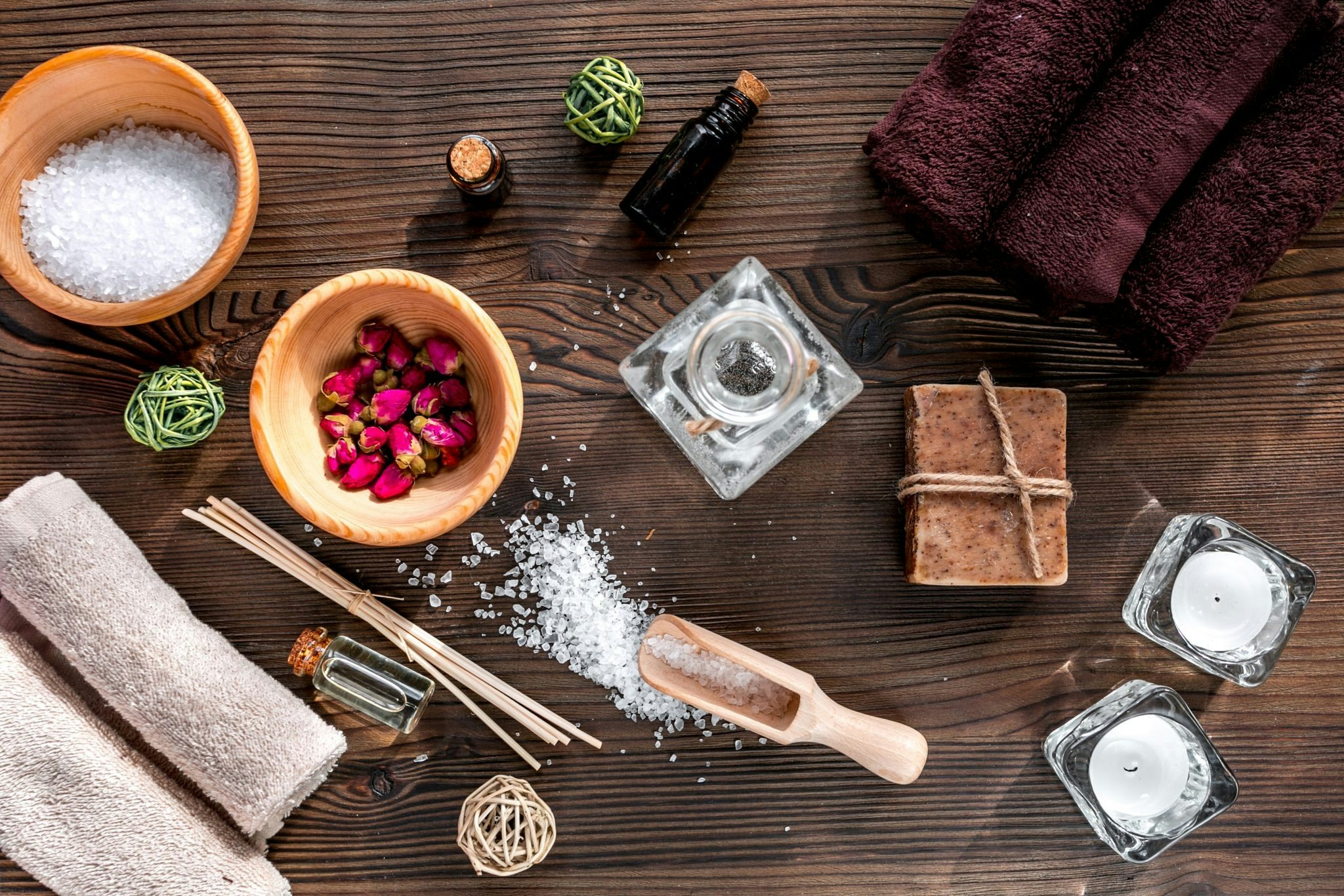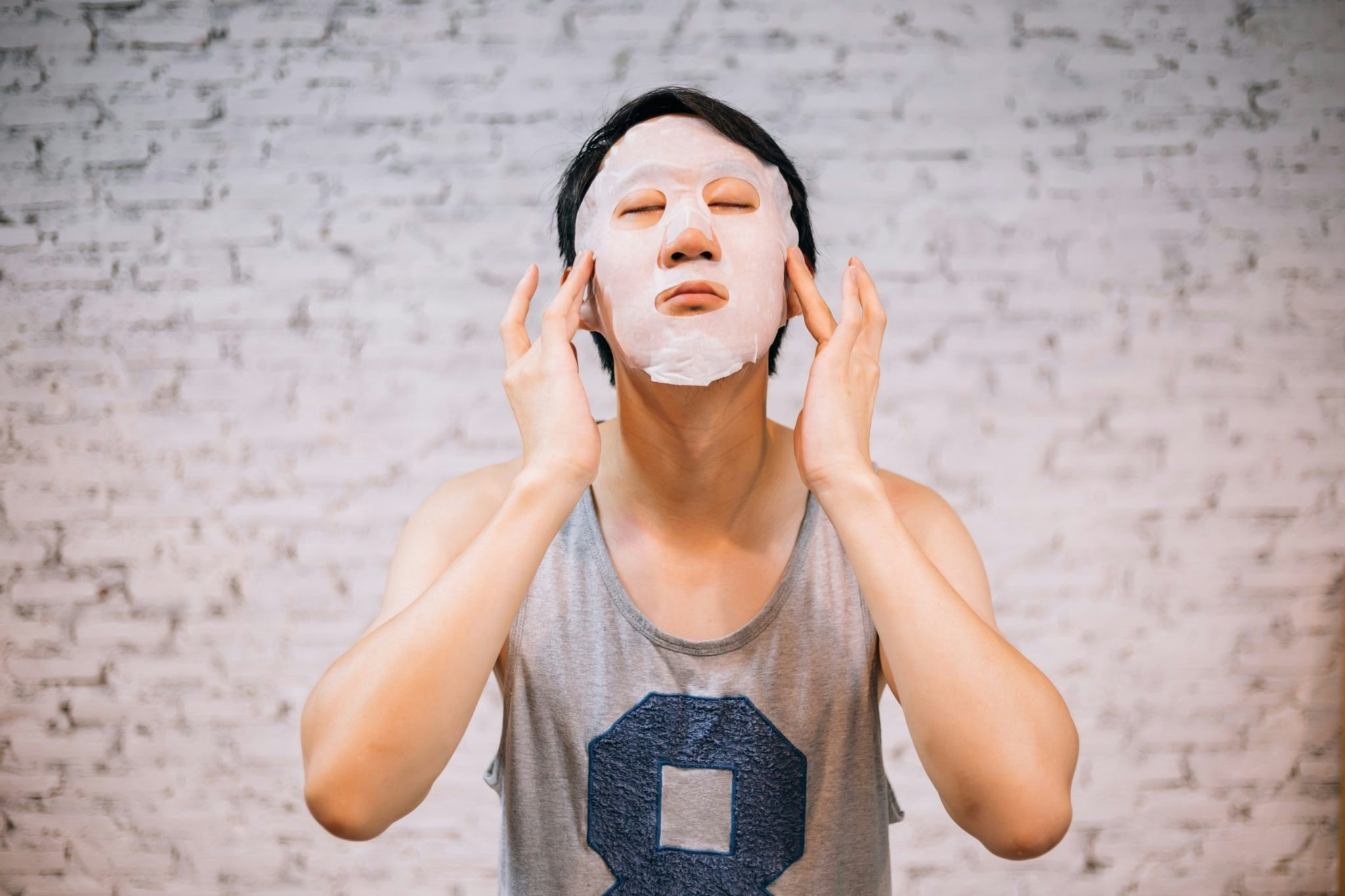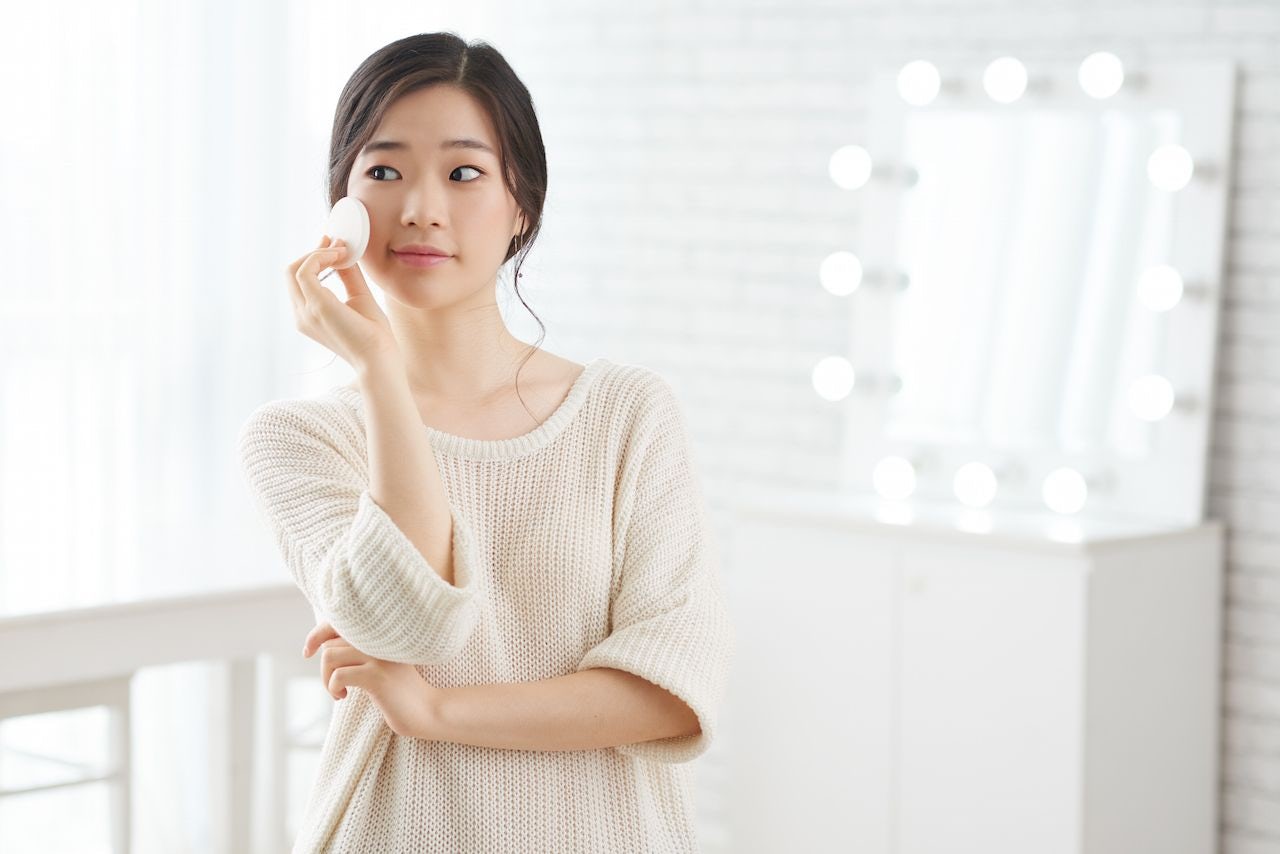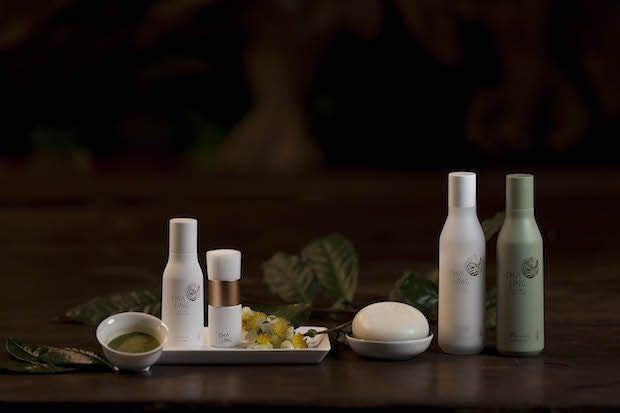Natural, organic beauty and skincare products are not new to Chinese consumers, but new research has shown that they’re more desirable than ever in China—and luxury brands are looking to cash in.
The research was conducted by the global marketing and strategy consultancy Clear in order to gather insight for brands wanting to target consumers in the booming natural cosmetics segment. Of the 3055 US, UK and Chinese respondents who rated 470 brands, it was found that 69 percent of the Chinese consumers were willing to purchase a completely natural product at a “premium” price.
The shift towards higher spending on natural products is a relatively recent change that has occurred over the last few years, one that has been attributed to increasing concerns over poor air quality in first- and second-tier metropolitan Chinese cities.
Jing Daily reported previously, according to a Fortune report, that cosmetics & fragrance purchases recently ranked second amongst top luxury categories in 2017, leapfrogging the handbag category for the first time. This seems to be due to the “luxury mentality” of Chinese millennials, a large market that has also shown a propensity for rational purchases (the health benefits of premium skincare use, for instance, shows a higher potential return on investment than a luxury handbag purchase.
But, unfortunately, consumers have historically encountered barriers when trying to invest in organic skincare and beauty products. In 2012, the China Food and Drug Administration (CFDA) canceled the paid certification which was previously available to brands wanting to label their cosmetics as “organic”.
This has created a challenge for cosmetic & skincare companies trying to communicate the benefits of their organic products to Chinese consumers. The Global CEO of Clear, Damian Symons, voiced concerns about advertising to this market, saying that “this audience is more informed, more engaged and more cynical than ever, so it’s no longer enough to be ‘non-GMO’ or have some natural ingredients to win in naturals. Brands need to commit across every touchpoint.”
Without an official seal of approval and armed with a strong immunity to the marketing jargon of organic and all-natural labels, consumers have begun to seek out other ways to validate their high-priced purchases.
Interestingly enough, that validation has come in the form of a group of male beauty bloggers who are presenting themselves as academic figures who seek to demystify beauty product formulas for their loyal followers. By leverage their own personal social media channels, these bloggers break down the lingering information gap that alienates consumers from brands. Some of these bloggers have even begun to build their own beauty lines in an attempt to take a slice of the organics pie away from established beauty brands, but conscious consumers rightly remain skeptical of any product that hasn’t undergone the type of rigorous testing employed by big global brands.
Aside from suggesting the importance of communicating clearly and carefully to consumers about their production processes, Clear’s report has also advised brands to draw inspiration from traditional Chinese remedies. That’s because natural ingredients familiar to Chinese consumers can help facilitate a positive brand image. One brand that has closely followed that advice is Cha Ling, LVMH’s high-end skincare brand launched in 2016.
According to the founder of the brand, also CEO of Guerlain (LVMH Group), Laurent Boillot, the antioxidant properties of tea have long been recognized in traditional Chinese culture. Not coincidentally, one of the key ingredients in Cha Ling is a rare tea called Pu’Er’, which has long been revered in China for its anti-aging effects.
With the competition for sales of high-end natural products heating up in China, Cha Ling was created with one clear goal: to resonate with Chinese consumers.
It took the brand nearly a year and a half to test-market Cha Ling, which first launched at the Paris department store Le Bon Marché and then at Hong Kong’s trendy Harbour City shopping district. The brand hit mainland China last June at the shopping center Taikoo Li in Shanghai where, according to the Chinese media outlet Luxe.co, the price point is significantly cheaper than in the aforementioned Hong Kong or Paris stores: about a couple hundreds of yuan cheaper for the same volume. But Cha Ling has also opened an e-commerce page on WeChat and is mulling a mini sales website as it continues to expand its retail stores in key Chinese cities like Beijing.



